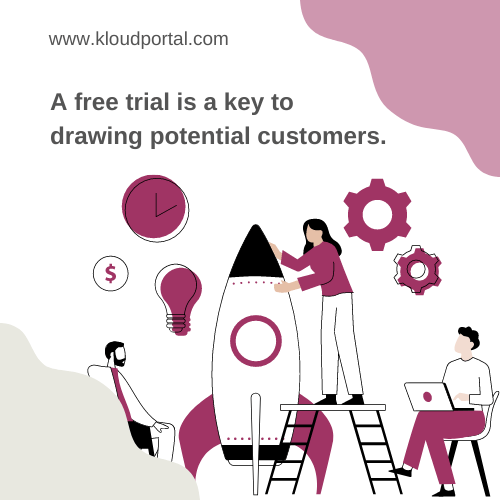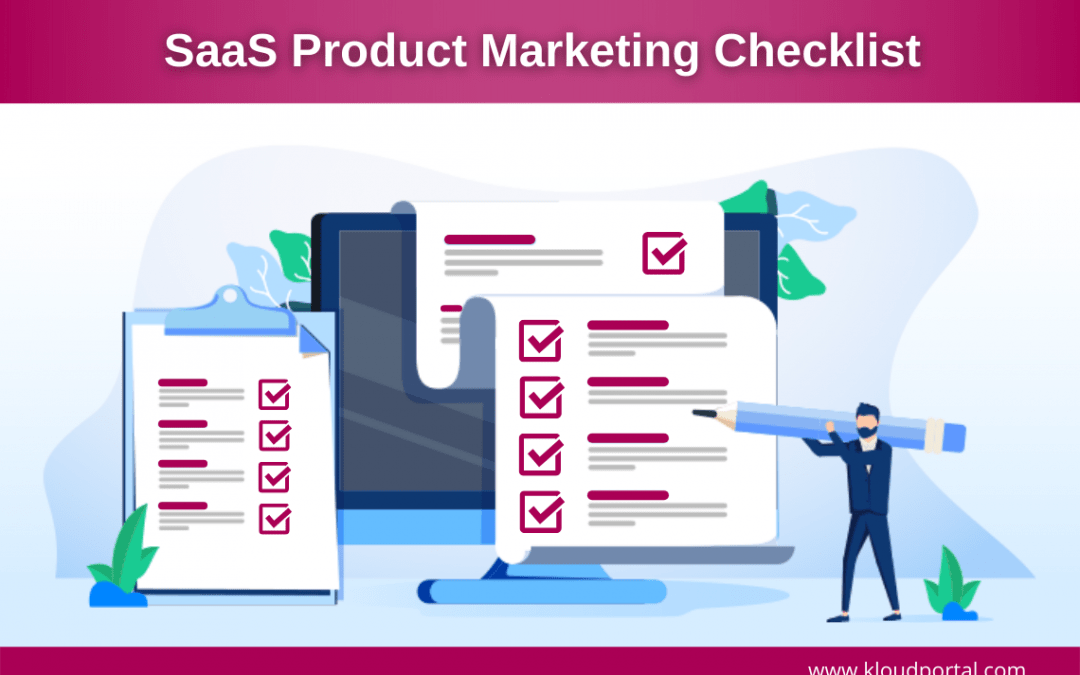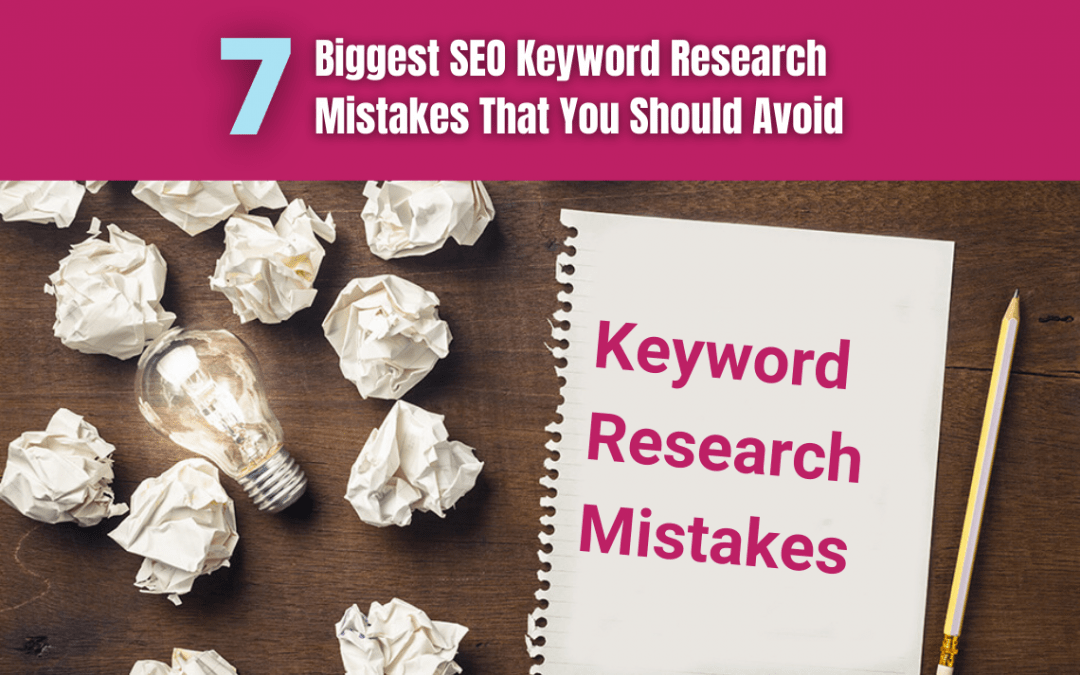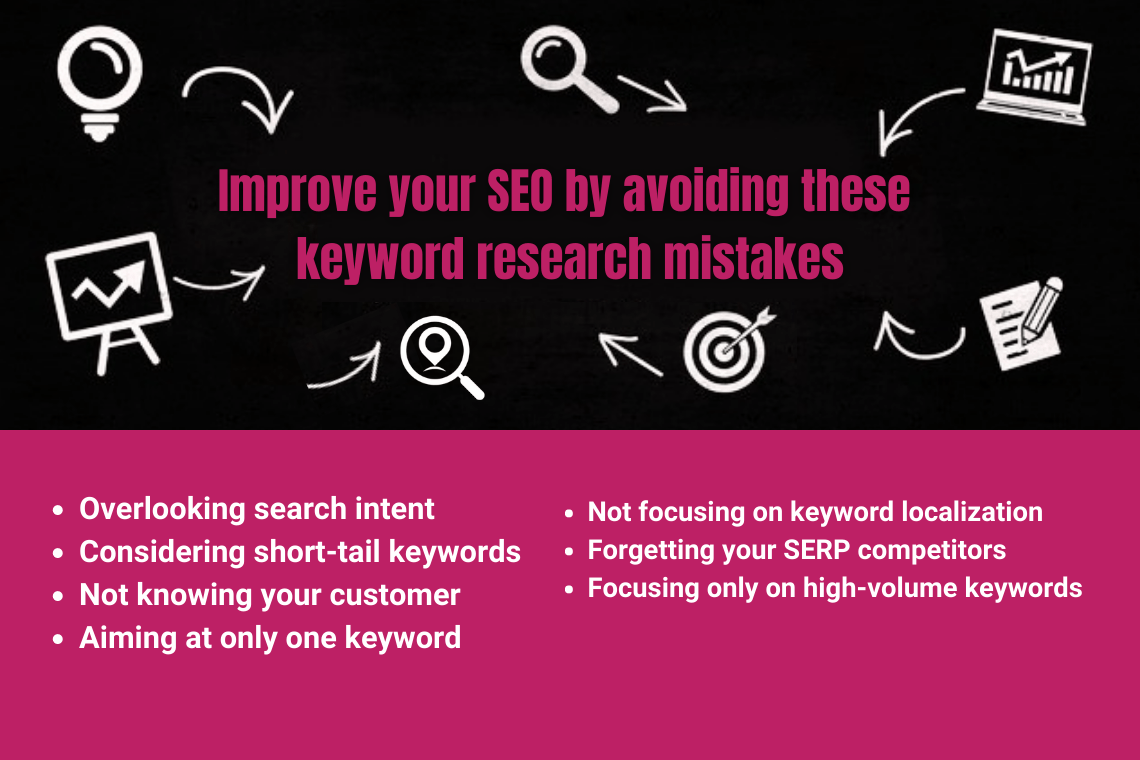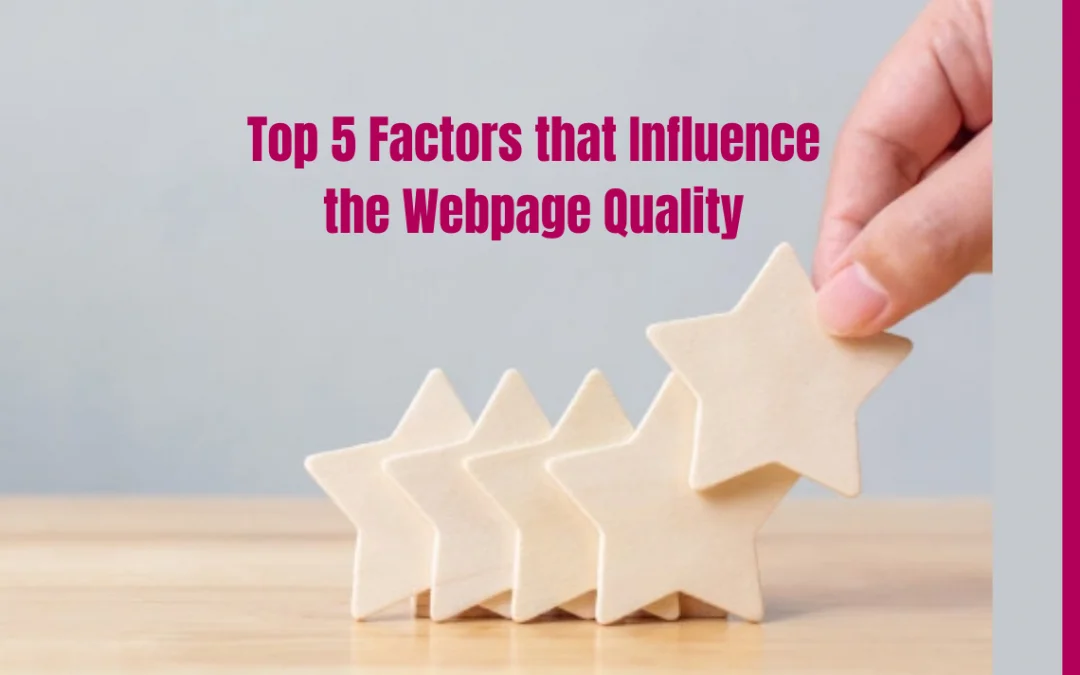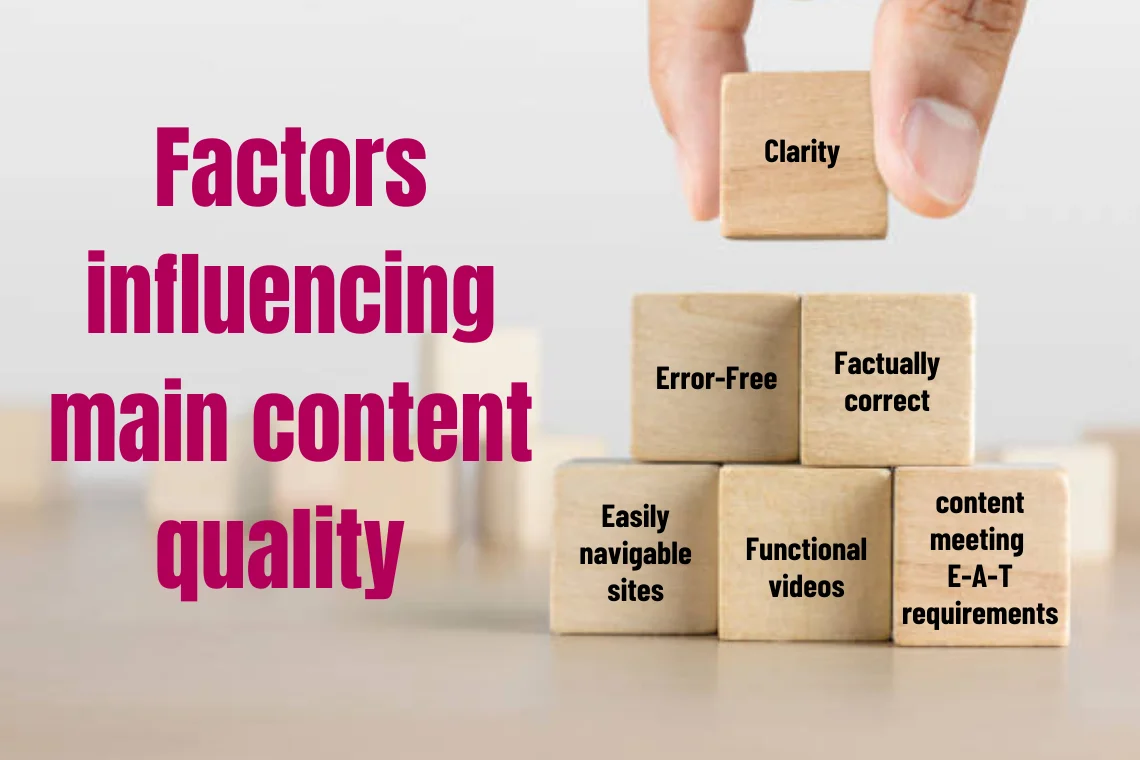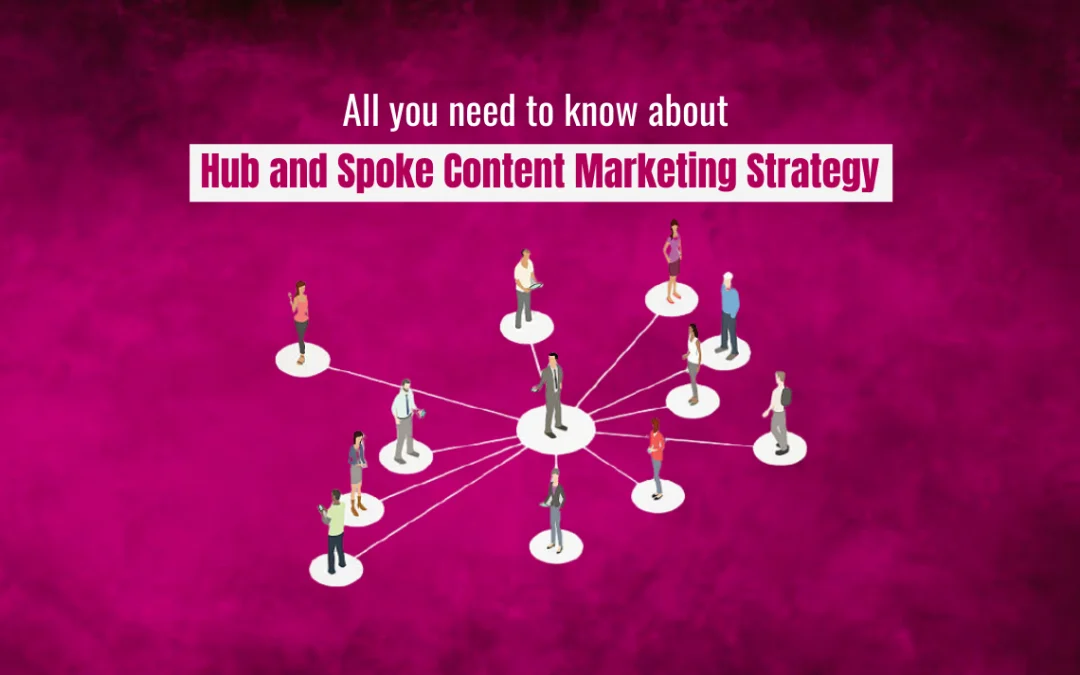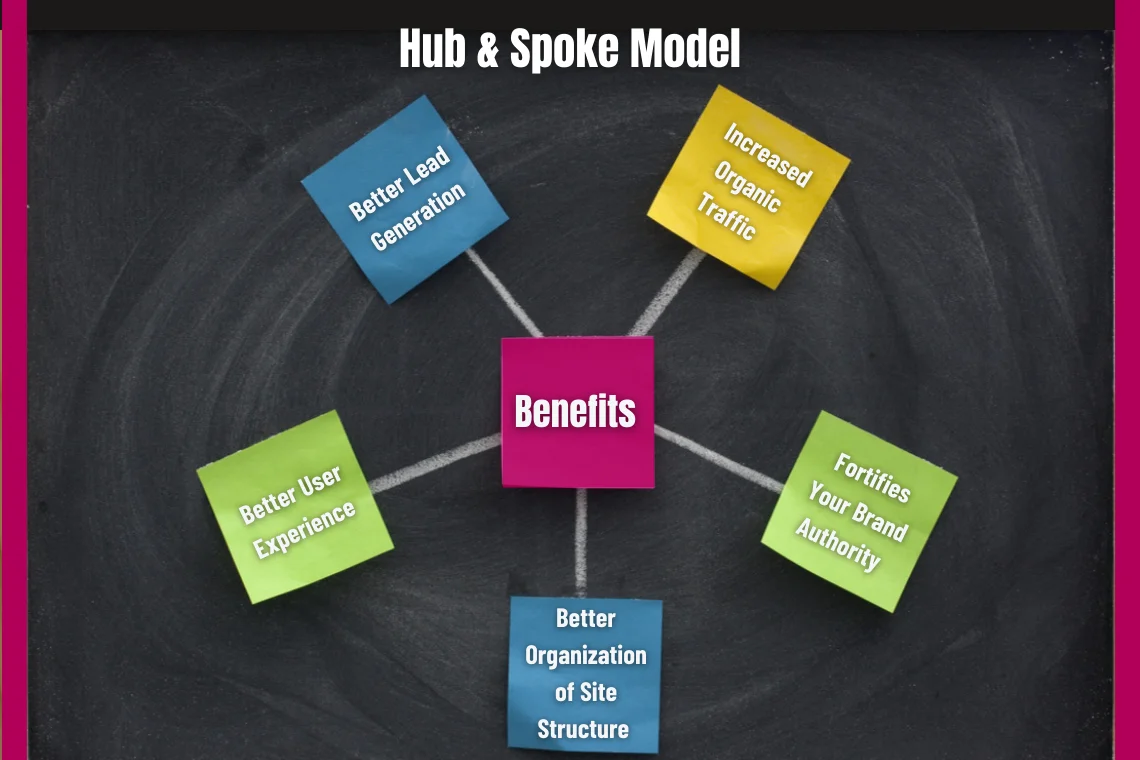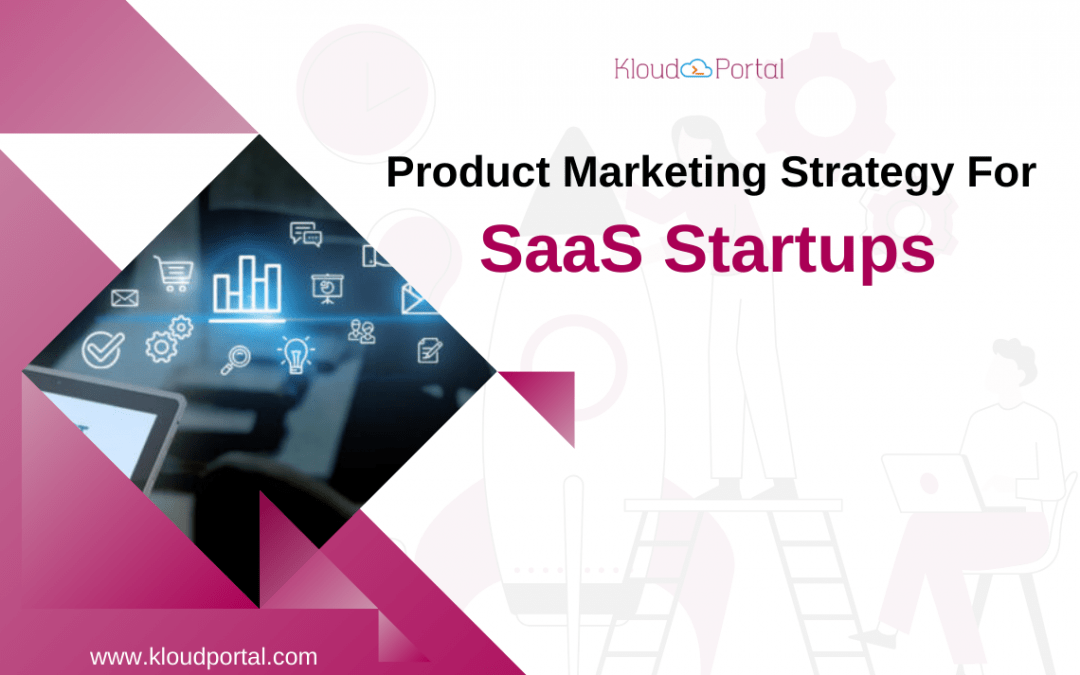
Product Marketing Strategy For SaaS Startups
- Developing a great product The successful marketing strategy for SaaS companies begins with a product. It should meet the customer’s needs. The buyer experience gets priority. Identify the customer’s pain points. Pick one that costs him the most. Make the potential customer aware of how his decisions impact his finances. What remains is to convince him that your product is the solution. However, developing a great product is not the end of SaaS marketing. Continuous product evolution and better customer experience are necessary to stay ahead of the competition. SaaS is an extremely competitive environment where updates are as important as any other marketing strategy.
- Content marketing is king Neglect the power of authentic content in your SaaS product marketing strategy at your peril. The content should address the customer’s pain points and suggest remedies. Of all content, the educational ones are the top draw. Content should be packed with relevant information. Engaging and at the same time actionable. The content includes that created for the company website, its blogs, social media posts, and guest posts. It is imperative for SaaS marketing that content reaches the right audience. Content should rank high in SERPs for potential customers to find your SaaS product.
- Understanding the target audience
The market is an amalgamation of different kinds of people with different tastes and different preferences. Therefore, knowing the audience is crucial to SaaS product marketing. Identifying the audience and knowing the audience is the mantra. Identify, approach, and draw the right audience to your SaaS product. The product design, the website, and the content are among the variables that help draw out the right audience for your SaaS product. Don’t forget that buyers of SaaS products are specialists in their chosen fields. These buyers research for the right products, they compare features and prices. They ask questions. They should be provided with the right answers.
- Goals and key performance indicators Next for your SaaS product marketing strategy is clear goals. Align marketing goals with specific key performance indicators or KPIs as they are known. This will help you measure your success. SaaS companies normally focus on efficiency, customer retention, profitability, and growth. SaaS metrics to keep track of include website traffic, conversion rate, and revenue among others.
- Eye your competition For a successful SaaS product marketing strategy, researching the competition shouldn’t be ignored. Identifying the best SaaS business in your line of products is imperative to learn from its journey, including learning about the strategies it used. There are tools to check and analyze the competition. Discover everything about the competition to beat them at their own game. Find out which SaaS product marketing agency helped them draw strategy.
- A good website is a friend SaaS companies do almost all business online. Therefore, the importance of a good website can’t be stressed more. It should be conversion-focused, one which will attract leads and encourage conversions. It should also help customer retention. The design shouldn’t jar, or repulse. The color scheme should be pleasant to the eye. The landing page must focus on your SaaS product. Call-to-action buttons must be placed strategically on the website’s pages.
- Be there on social media platforms Presence on social media is an absolute necessity. Facebook has billions of active users. LinkedIn has almost a billion. Then there is Instagram and Twitter. Each of these platforms has its niche importance. Failure of the SaaS company to be on social media will be a disaster. Your target audience could be on any of these social media platforms. May be spread across several social media platforms. The SaaS company’s product marketing strategy should include the company’s presence on social media with regular posts on its SaaS product. Also paid and targeted ads to engage people!
- Free trials, the key to SaaS marketing SaaS marketing strategy without a free trial may behave strangely. A free trial is a key to drawing potential customers out of their shells. A potential customer signing up for a free trial is displaying strong intent to buy. Every SaaS company should offer a free trial as a matter of policy. The limited period, limited features free trial is a sure-shot winning strategy in SaaS marketing. Let the potential customer experience the SaaS product. Let the potential customer get used to the SaaS product. Give him a long rope and then wind him in before the free trial ends. How that is done should be part of the SaaS product marketing strategy. Emails, blogs, and webinars are ways to sign up for paid subscribers.
In conclusion
Customer reviews and feedback are testimonials that help B2B marketing in SaaS. They indicate trust in the SaaS product, and they influence potential customers. Customer reviews are very good for marketing campaigns. Loyalty comes out sparklingly clear in customers’ guest reviews of your SaaS products. Visitors to the SaaS product website see and read these reviews, and it’s half the battle won to influence their buying decisions. In extension, they add up to your investments in SEO. The best SaaS product marketing agency can bring killer ideas to provide your product with the head start it needs.
Arun
About The Author…
Arun has been a print media journalist with wide-ranging experience. In search of solutions to everyday problems, he is drawn to technology and digital marketing. News and analytical insights fascinate him, and he passionately follows all that is new in the tech business. He writes for several news and content platforms. His areas of interest range from digital marketing to blockchain and digital currencies. He is dedicated, focused, and resourceful.


